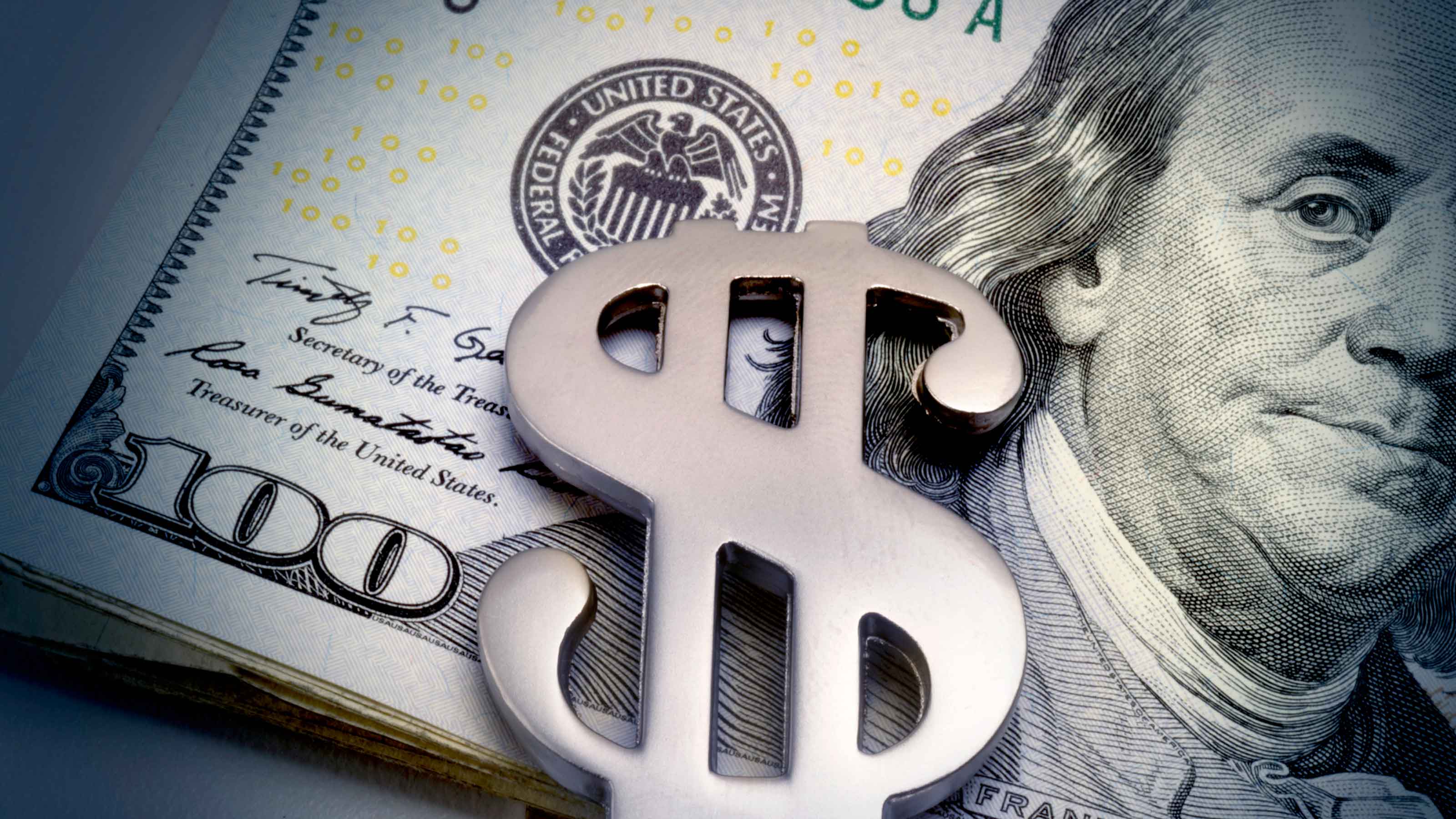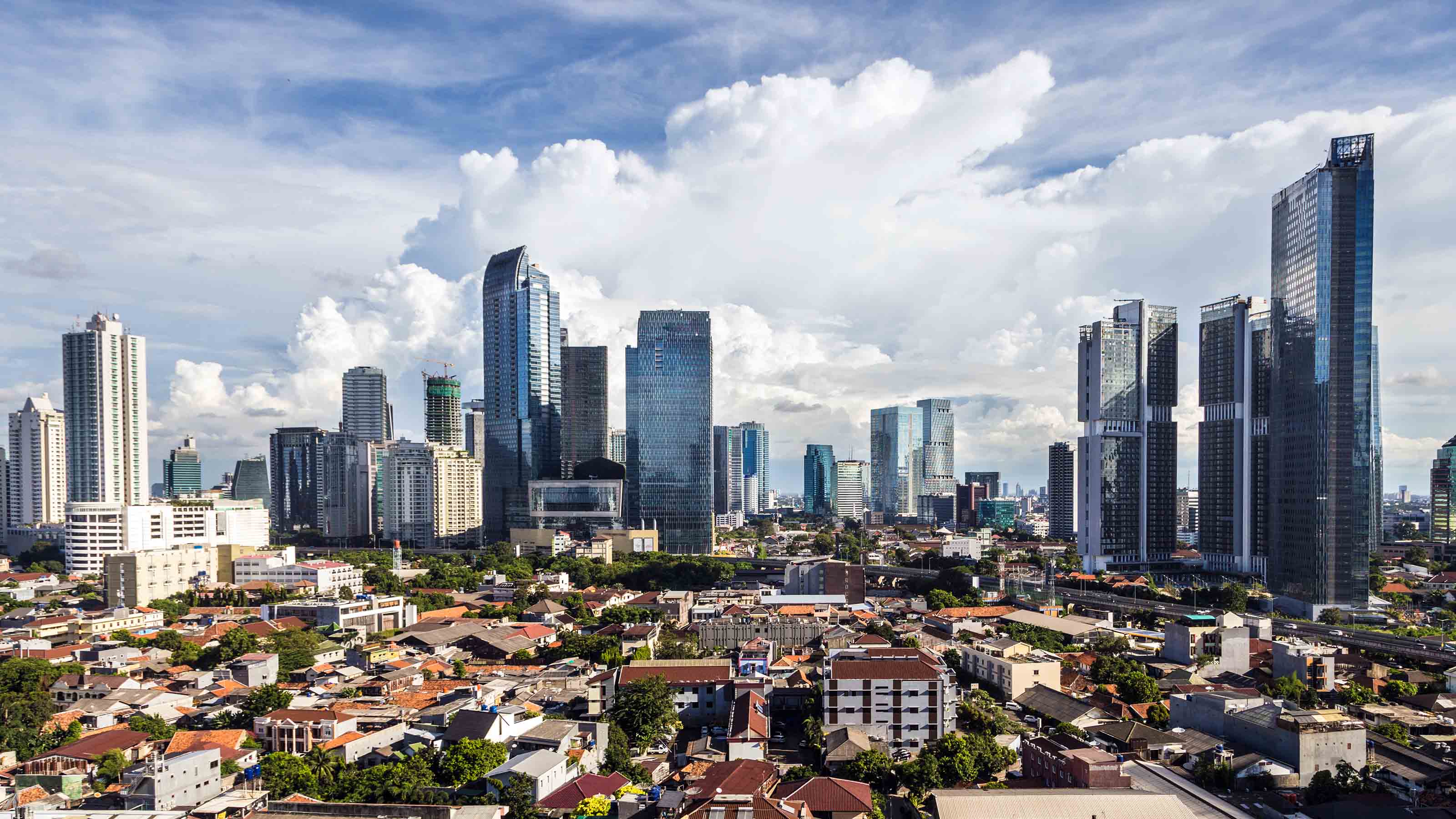Why Emerging Markets Are Worth a Look
In a generally weak global economy, many emerging nations are in better shape than developed countries. And stocks in developing markets are attractively priced.

Profit and prosper with the best of Kiplinger's advice on investing, taxes, retirement, personal finance and much more. Delivered daily. Enter your email in the box and click Sign Me Up.
You are now subscribed
Your newsletter sign-up was successful
Want to add more newsletters?

Delivered daily
Kiplinger Today
Profit and prosper with the best of Kiplinger's advice on investing, taxes, retirement, personal finance and much more delivered daily. Smart money moves start here.

Sent five days a week
Kiplinger A Step Ahead
Get practical help to make better financial decisions in your everyday life, from spending to savings on top deals.

Delivered daily
Kiplinger Closing Bell
Get today's biggest financial and investing headlines delivered to your inbox every day the U.S. stock market is open.

Sent twice a week
Kiplinger Adviser Intel
Financial pros across the country share best practices and fresh tactics to preserve and grow your wealth.

Delivered weekly
Kiplinger Tax Tips
Trim your federal and state tax bills with practical tax-planning and tax-cutting strategies.

Sent twice a week
Kiplinger Retirement Tips
Your twice-a-week guide to planning and enjoying a financially secure and richly rewarding retirement

Sent bimonthly.
Kiplinger Adviser Angle
Insights for advisers, wealth managers and other financial professionals.

Sent twice a week
Kiplinger Investing Weekly
Your twice-a-week roundup of promising stocks, funds, companies and industries you should consider, ones you should avoid, and why.

Sent weekly for six weeks
Kiplinger Invest for Retirement
Your step-by-step six-part series on how to invest for retirement, from devising a successful strategy to exactly which investments to choose.
Europe’s economy is flat, and much uncertainty surrounds the sustainability of the recovery in the U.S. Japan, as usual, is moribund.
Given that grim picture, where should you invest? One place is in emerging markets. Look at China, for instance. Its government seems to be successfully engineering a soft landing -- slowing inflation without choking off rapid economic growth. Millions of subsistence farmers are waiting to move to factory jobs in China’s burgeoning cities.
India’s economy is also booming, as is Brazil’s. Indeed, some of the more-established emerging markets, such as China and India, are starting to gain competition, particularly in manufacturing labor costs, from less-developed emerging markets, such as those in Southeast Asia (Thailand and Vietnam, for example). The demographics of emerging markets stand in marked contrast to those of the developed world. Young people, many of them just entering the workforce, play a much larger role in emerging nations than they do in the developed world. Populations in almost all of the world’s developed economies are aging -- meaning they have fewer people of working age and more people relying on those workers to pay the taxes needed to fund social-welfare programs (including our own Social Security and Medicare programs). Thanks to immigration, the U.S. is in much better shape than Western Europe and Japan, but demographics are nevertheless a huge negative here, too.
From just $107.88 $24.99 for Kiplinger Personal Finance
Become a smarter, better informed investor. Subscribe from just $107.88 $24.99, plus get up to 4 Special Issues

Sign up for Kiplinger’s Free Newsletters
Profit and prosper with the best of expert advice on investing, taxes, retirement, personal finance and more - straight to your e-mail.
Profit and prosper with the best of expert advice - straight to your e-mail.
Of course, no investment is worth anything unless it’s reasonably priced. And that’s the surprise: Emerging markets are selling at attractive levels. The MSCI Emerging Markets stock index trades at 11 times estimated earnings for the coming 12 months. That’s cheap -- even if those earnings estimates prove to be a bit over-optimistic. By comparison, the Standard & Poor’s 500-stock index trades at 13 times the next 12 months’ earnings (the average P/E of the S&P 500 over the long term has been 15.5). The emerging-markets index yields 2.3% and trades at 1.9 times book value (assets minus liabilities), both favorable ratios.
Emerging markets have had a rocky year so far -- just as developed markets have. But thanks to a recent rally in stock markets around the globe, the emerging-markets index was up 6.6% year-to-date through September 13. Over the past ten years, emerging-markets stocks returned an annualized 12.3%, while the S&P 500 lost 1.1% a year and the MSCI EAFE index, which tracks developed foreign markets, returned a paltry 2.2% annualized.
Don’t even think about investing in emerging markets without understanding all the risks. Most important, investors often beat up on emerging markets when the developed world falls into a funk, as it plainly is today. That showed clearly in the returns for 2008. The S&P 500 plunged 37.0% in that horrific year, but the emerging-markets index tumbled 53.2%.
The emerging-markets index is 62% more volatile than the S&P 500. That’s a good predictor of how emerging-markets stocks will fare relative to U.S. stocks in the next bear market.
Most emerging nations, especially China, rely heavily on exports to the developed world. If demand in the developed world falls off the table, China’s economy will almost inevitably stumble.
Corporate governance is a huge issue, too. You can’t expect the same quality of corporate accounting in emerging nations that you get in the developed world. Many companies are run partly by the government, or by and for wealthy families who care little about shareholders.
The cream of emerging-markets funds
But the positives far outweigh the negatives. Most Asian emerging nations and some Latin American countries are in far better shape economically and fiscally than most of the major countries in the developed world. They’re running trade surpluses, not deficits, and most are running budget surpluses as well. That means that the next time a recession strikes, it will be a lot easier for those countries to stimulate their economies with deficit spending.
Recognizing that exports will take them only so far, many Asian nations are also encouraging more domestic consumption of goods and services. “We’re seeing domestic consumption play a much bigger role in Asia,” says Richard Gao, co-manager of Matthews Pacific Tiger (symbol MAPTX). “We’re focusing much more on domestic companies.” Many multinational companies now treat China and other Asian countries as their most important growth opportunity, Gao says.
What to buy? Vanguard Emerging Markets Stock ETF (VWO), an exchange-traded index fund that tracks the MSCI index, is one of the best options. Expenses are just 0.27% annually. T. Rowe Price Emerging Markets Stock (PRMSX) lost 60.5% in 2008, but new manager Gonzalo Pangaro has put the fund back on track (the fund is a member of the Kiplinger 25). If you want an Asia-only fund, Matthews Pacific Tiger is the best of the bunch.
Remember, too, that many major western companies earn significant and growing revenues from these fast-growing economies. Nestlé SA (NSRGY.PK), which trades in the U.S. through an American depositary receipt, PepsiCo (PEP) and Yum Brands (YUM) are just three of the major beneficiaries of this trend.
Indeed, when the developed nations finally emerge from their prolonged economic slump, they’ll have emerging markets to thank for the revival.
Steven T. Goldberg (bio) is an investment adviser.
Profit and prosper with the best of Kiplinger's advice on investing, taxes, retirement, personal finance and much more. Delivered daily. Enter your email in the box and click Sign Me Up.

-
 How Much It Costs to Host a Super Bowl Party in 2026
How Much It Costs to Host a Super Bowl Party in 2026Hosting a Super Bowl party in 2026 could cost you. Here's a breakdown of food, drink and entertainment costs — plus ways to save.
-
 3 Reasons to Use a 5-Year CD As You Approach Retirement
3 Reasons to Use a 5-Year CD As You Approach RetirementA five-year CD can help you reach other milestones as you approach retirement.
-
 Your Adult Kids Are Doing Fine. Is It Time To Spend Some of Their Inheritance?
Your Adult Kids Are Doing Fine. Is It Time To Spend Some of Their Inheritance?If your kids are successful, do they need an inheritance? Ask yourself these four questions before passing down another dollar.
-
 White House Probes Tracking Tech That Monitors Workers’ Productivity: Kiplinger Economic Forecasts
White House Probes Tracking Tech That Monitors Workers’ Productivity: Kiplinger Economic ForecastsEconomic Forecasts White House probes tracking tech that monitors workers’ productivity: Kiplinger Economic Forecasts
-
 Investing in Emerging Markets Still Holds Promise
Investing in Emerging Markets Still Holds PromiseEmerging markets have been hit hard in recent years, but investors should consider their long runway for potential growth.
-
 Stocks: Winners and Losers from the Strong Dollar
Stocks: Winners and Losers from the Strong DollarForeign Stocks & Emerging Markets The greenback’s rise may hurt companies with a global footprint, but benefit those that depend on imports.
-
 5 Exciting Emerging Markets Funds to Buy
5 Exciting Emerging Markets Funds to BuyForeign Stocks & Emerging Markets Emerging markets funds haven't been immune to global inflationary pressures. But now might be the time to strike on these high-risk, high-reward products.
-
 African Stocks: Investing in the Last Great Emerging Market
African Stocks: Investing in the Last Great Emerging MarketForeign Stocks & Emerging Markets A massive middle class and rapid technology-enabled development could turn African stocks into growth darlings over the next two decades.
-
 ESG Gives Russia the Cold Shoulder, Too
ESG Gives Russia the Cold Shoulder, TooESG MSCI jumped on the Russia dogpile this week, reducing the country's ESG government rating to the lowest possible level.
-
 India Is on a Tear
India Is on a TearForeign Stocks & Emerging Markets Massive modernization presents opportunities for investors.
-
 Wasatch Emerging Markets Small Cap Goes Its Own Way
Wasatch Emerging Markets Small Cap Goes Its Own WayForeign Stocks & Emerging Markets This emerging-markets stock fund isn't afraid to stray from the pack.